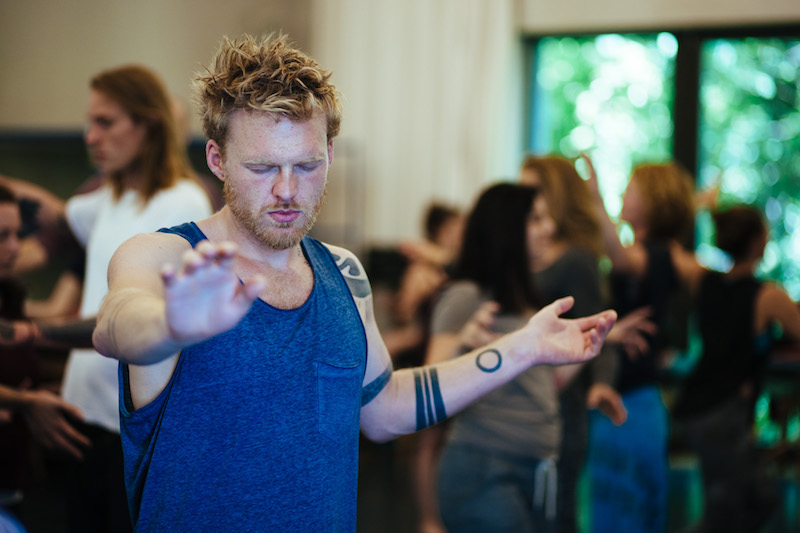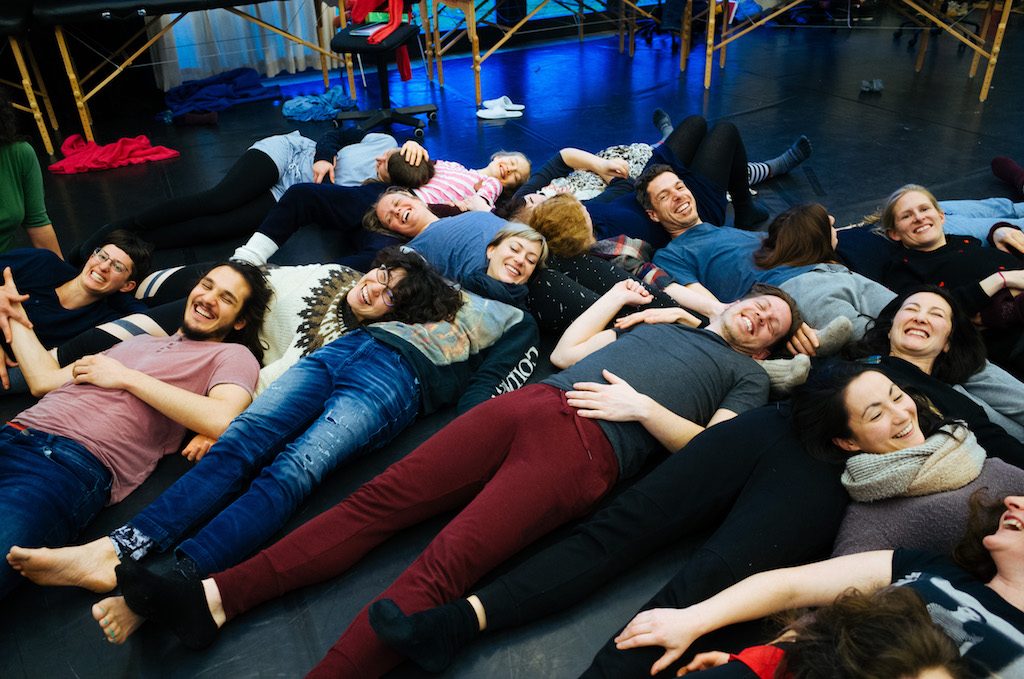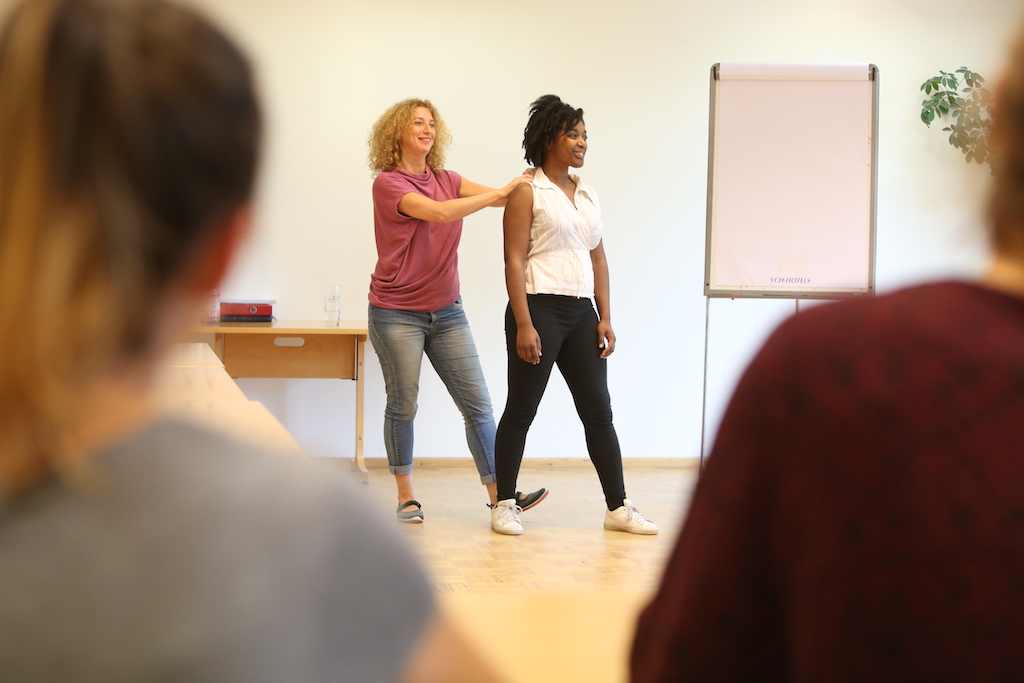
The Intricacies of Teaching Uniqueness
Teaching uniqueness is sometimes about getting out of the way.
I’m standing in front of a group of people – a class. They all came to learn the same thing from me. Each wants to become a Pantarei practitioner and yet, each one of them is so inherently different. Each one of them sees the world with different eyes, feels their surroundings with a different heart and has had their own unique experiences that have brought them here. They are here to learn what I have to teach them but in order to do our best work together, I have to get out of the way.
The challenge of teaching for me is to find that path where we can blend a common approach with an individual application. On one hand I teach a topic the class needs to learn – in this way my input is necessary because I am bringing new information to them as a group. But on the other hand every person needs to feel that they are able to express themselves and each in their own way can contribute to the larger group – in this way their individuality is necessary. It is a class – one group, one goal, and one direction. But it is made up of individuals – each so different, with different ages and backgrounds and desires.

Ellen Bass, one of my most favorite teachers (a writer and a teacher of writing) was one of the people who showed me how this can be done. From my first course with her, I was amazed by the power of teaching a group of individuals. Each one of the people in the room was honored, respected and listened to. Each of us as students felt that she was there for us, that she would share all of what she could, that she would not hold back if we wanted to take more, but also that at the end of the day, each person had to do their steps alone, by themselves, in their own style. Each of us needs to find that unique voice in ourselves that allows to learn and generously give to others.
Creating the most optimal learning environment requires introducing new information and inspiring its individual and unique use. Embracing uniqueness for me as a teacher is realizing that each of the people that create the group – the class – is unique in every cell of their being. I have learned that the best way I can teach them is to encourage this special path they are on and let them find their way of expressing and giving, while using the approach I teach them.

I can teach them to listen to their clients who come to them, but my real challenge is to teach them to cultivate their own way of listening and working with others. My real challenge is to be able to let them trust themselves, their instincts and their abilities and to find their own style – one that combines what I teach them with all that they already are.
I teach students how to communicate with their clients through touch and how to empower others through words; while being completely aware of the fact that none of them will do it like me (what a relief). They will do it their way, their style, according to their own unique being. In this way, there is no ‘profession’, there are only people who practice this profession. Our approach then creates a world in which the best way to be professional is to embrace your own individuality and uniqueness. When we don’t try to be like somebody else, we are able to trust that we have everything it takes to become the best we can be.



